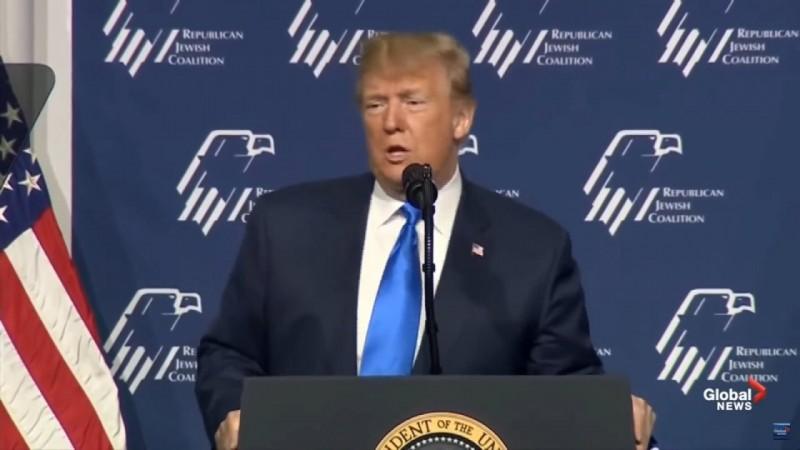
The Donald Trump administration on Thursday (April 25), placed heavy sanctions on Pakistan, saying that it may withhold visas of senior officials in Pakistan and it may go beyond that.
The United States took the extreme step after Pakistan refused to take back its deportees and those who violated the visa rules, for example, overstaying their visa, reports PTI.
"Consular operations in Pakistan remain unchanged. This is a bilateral issue of ongoing discussion between the US and Pakistani governments and we are not going to get into the specifics at the time," reports PTI.
Pakistan is the latest on the list of countries to have sanctions slapped on them for refusing to accept their citizens deported from the United States. According to The News, a state department spokesperson said, "Consular operations in Pakistan remain unchanged. This is a bilateral issue of ongoing discussion between the US and Pakistani governments and we are not going to get into the specifics at the time."
According to the US' Section 243 (D) of the Immigration and Nationality Act, a country will receive sanctions and their immigrant and non-immigrant visas will be cancelled by the United States government if they fail to accept a "citizen, subject, national or resident of that country." The discontinuation of the granting of visas will be carried out by the Secretary of State under the direction of the Homeland Security Secretary.

"This is a bilateral issue of ongoing discussion between the US and Pakistani governments and we are not going to get into the specifics at this time," the spokesperson was quoted as saying by PTI.
Other than Pakistan, countries on this list include Guyana, which received the sanctions in 2001, the Gambia in 2016, Cambodia, Guinea, Eritrea, and Sierra Leone in 2017, Burma and Laos (2018) and Ghana, which was also slapped with sanctions in 2019.
Hussein Haqqani, a former Pakistan ambassador to the US said that Pakistan not accepting their nationals would only make things difficult for them. He told PTI, "This measure will create hardship for Pakistanis who want or need to travel to the US and could have been avoided if Pakistani authorities had not ignored American requests to respect their legal requirements for deportation."
Haqqani added, "Pakistan's refusal to accept every Pakistani citizen deported from the US is not new. It seems that the US is no longer willing to overlook a wide range of official Pakistani behaviour. Bonhomie has been replaced by sanctions and restrictions based on Islamabad's policy decisions."

















